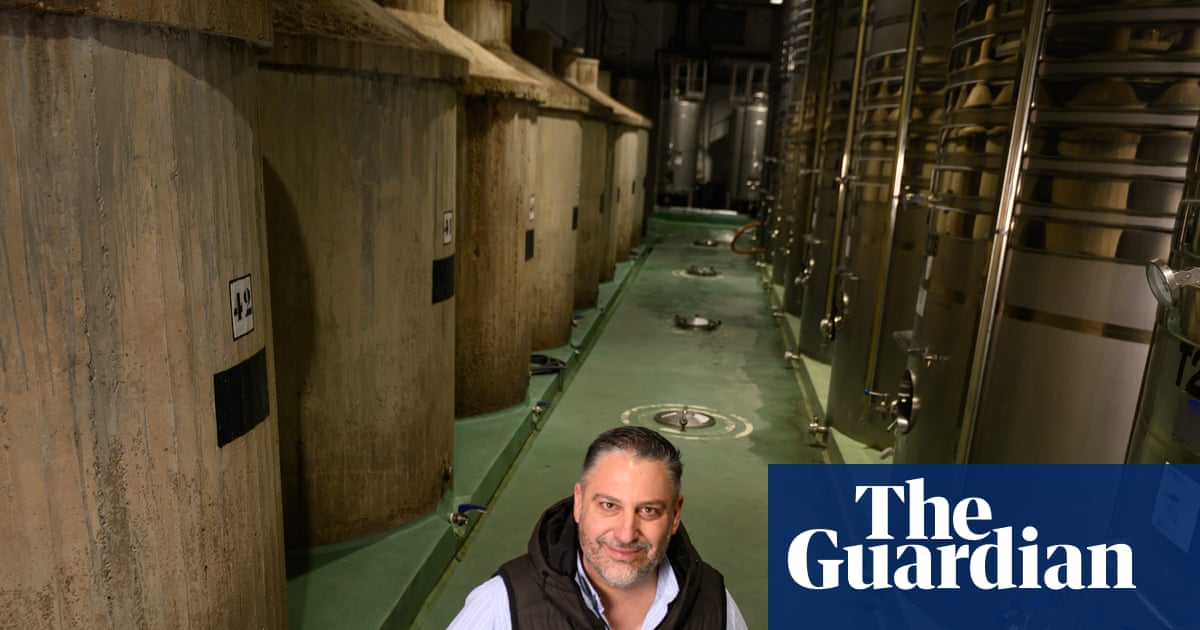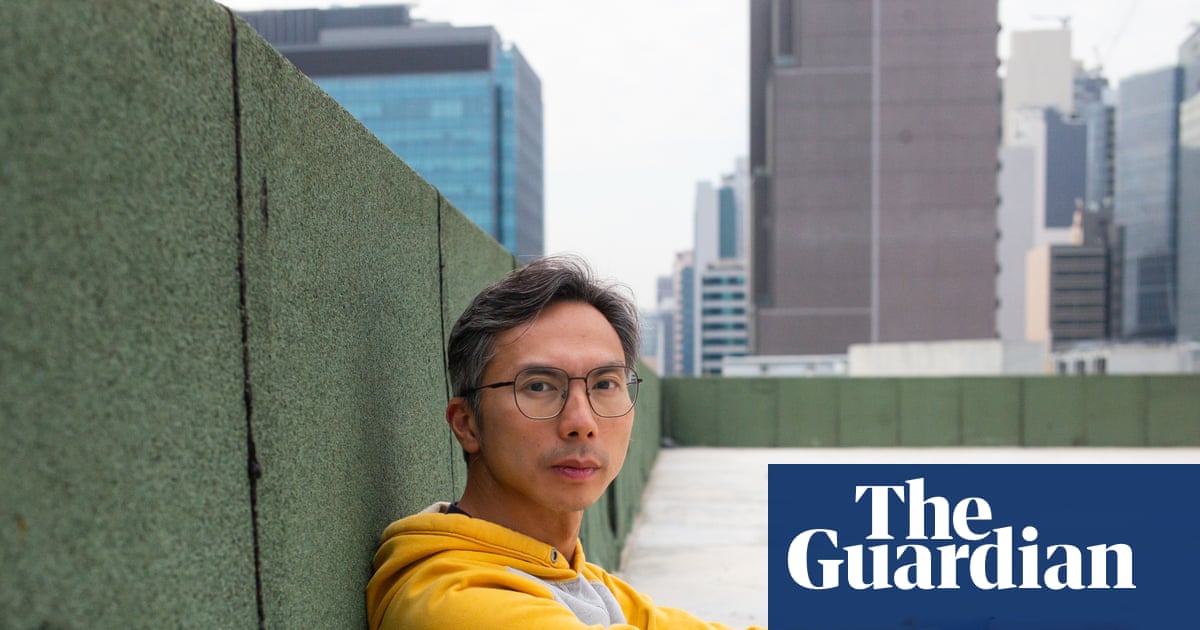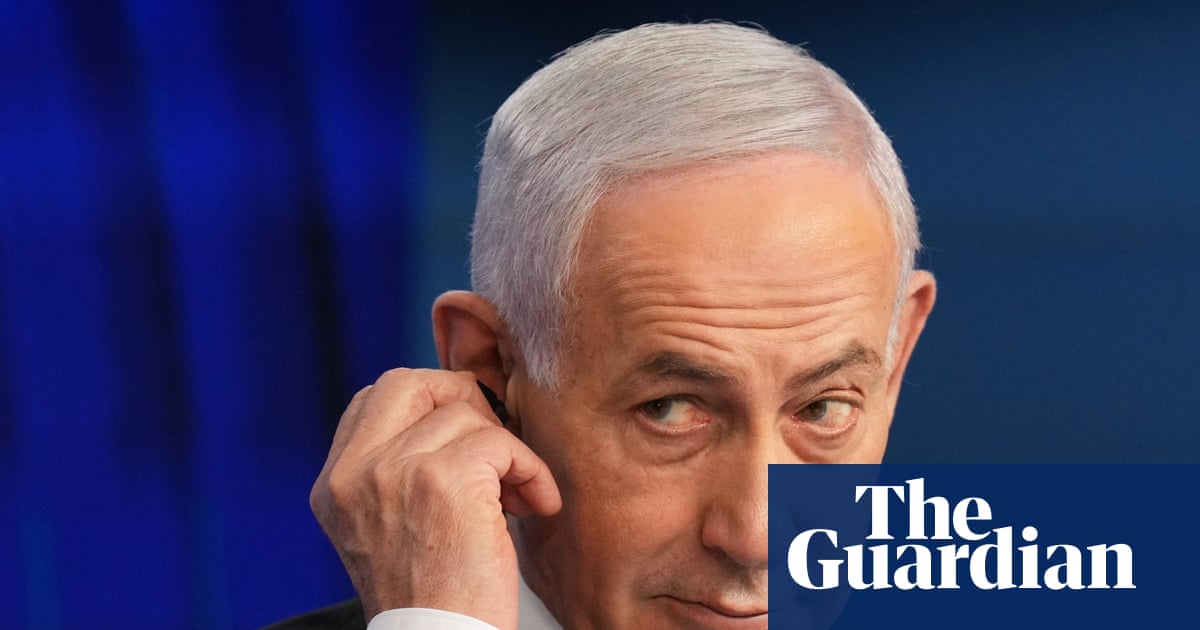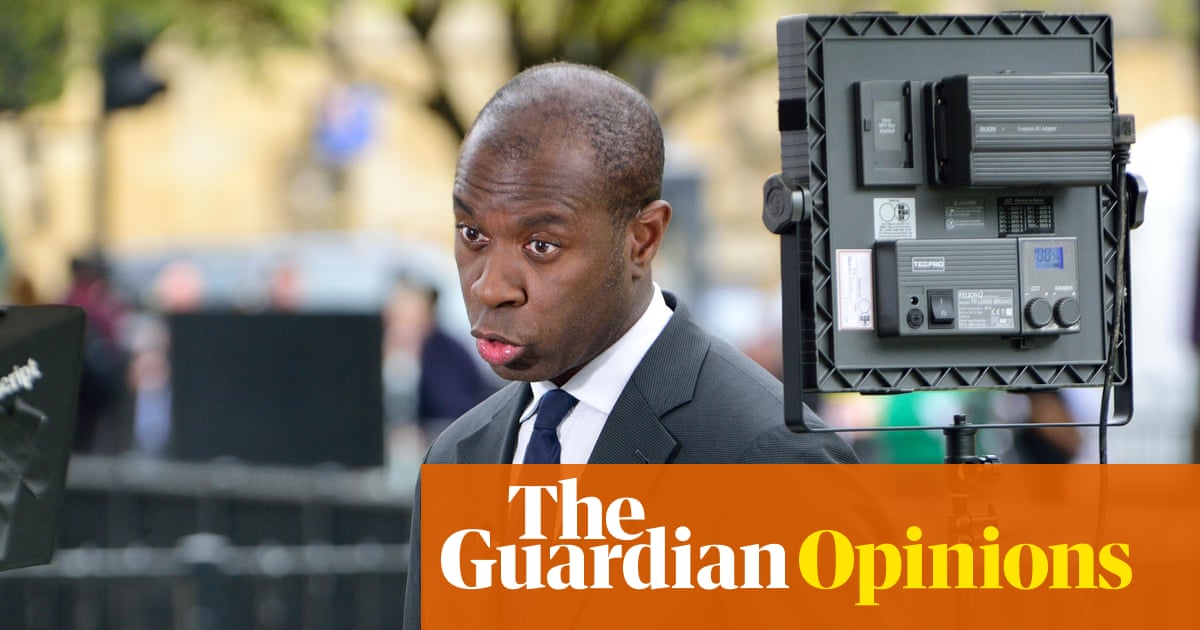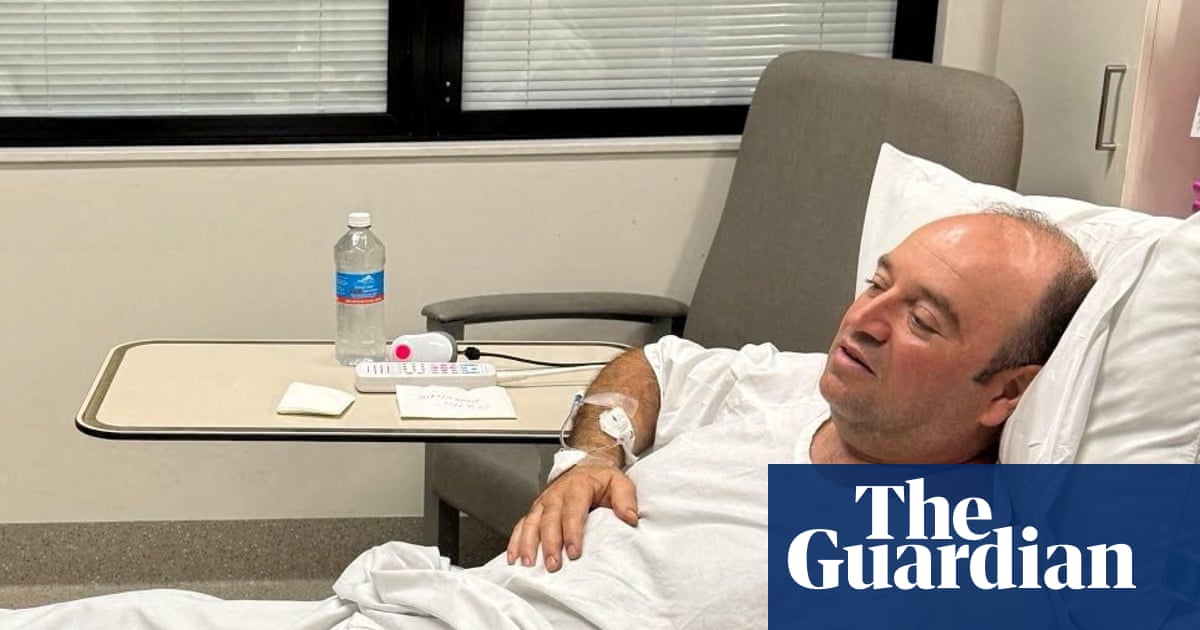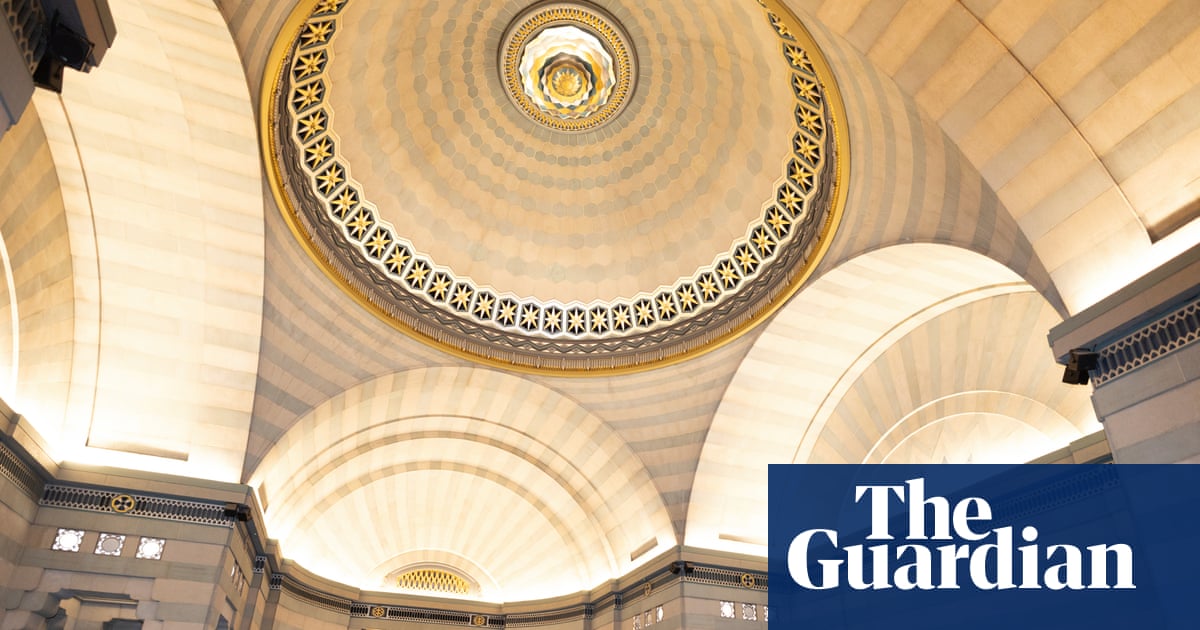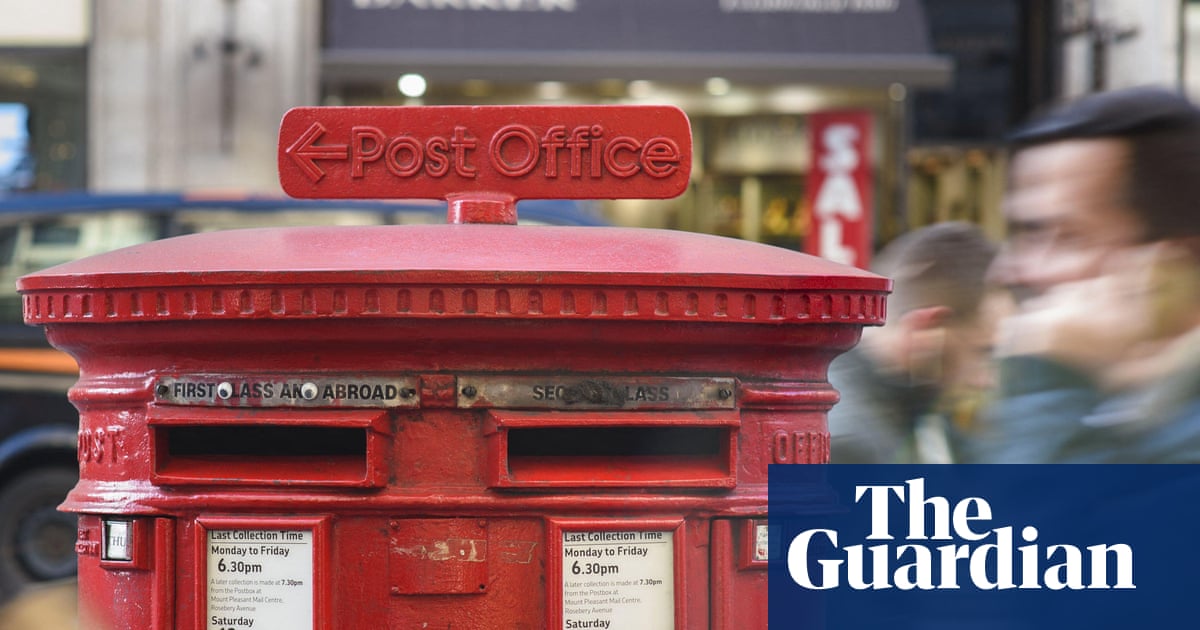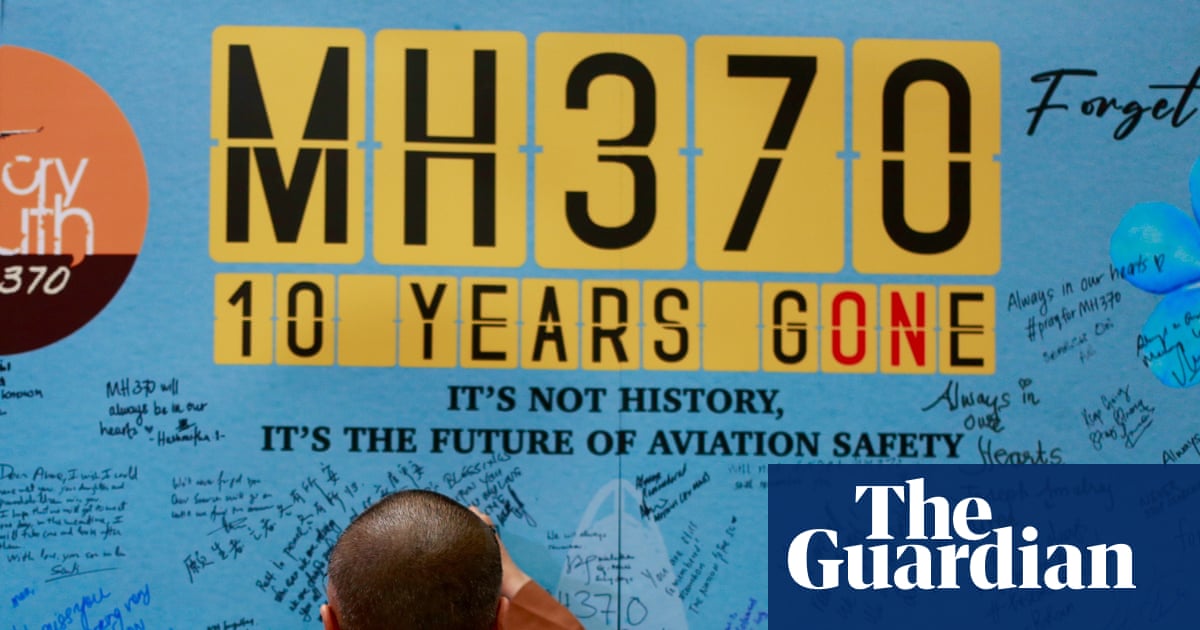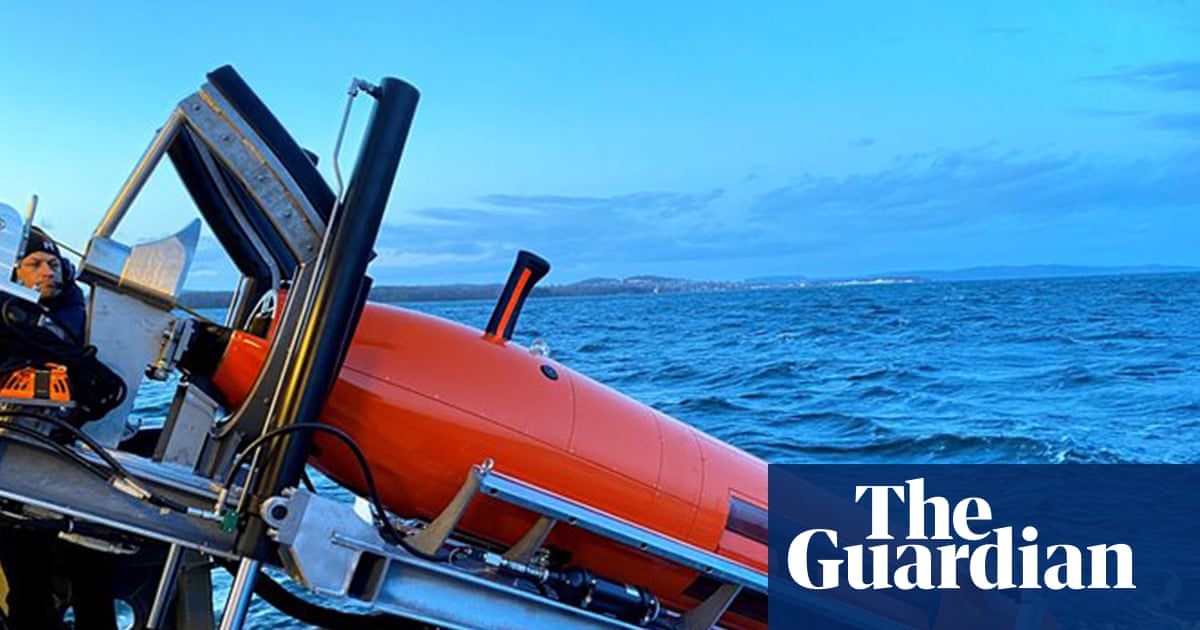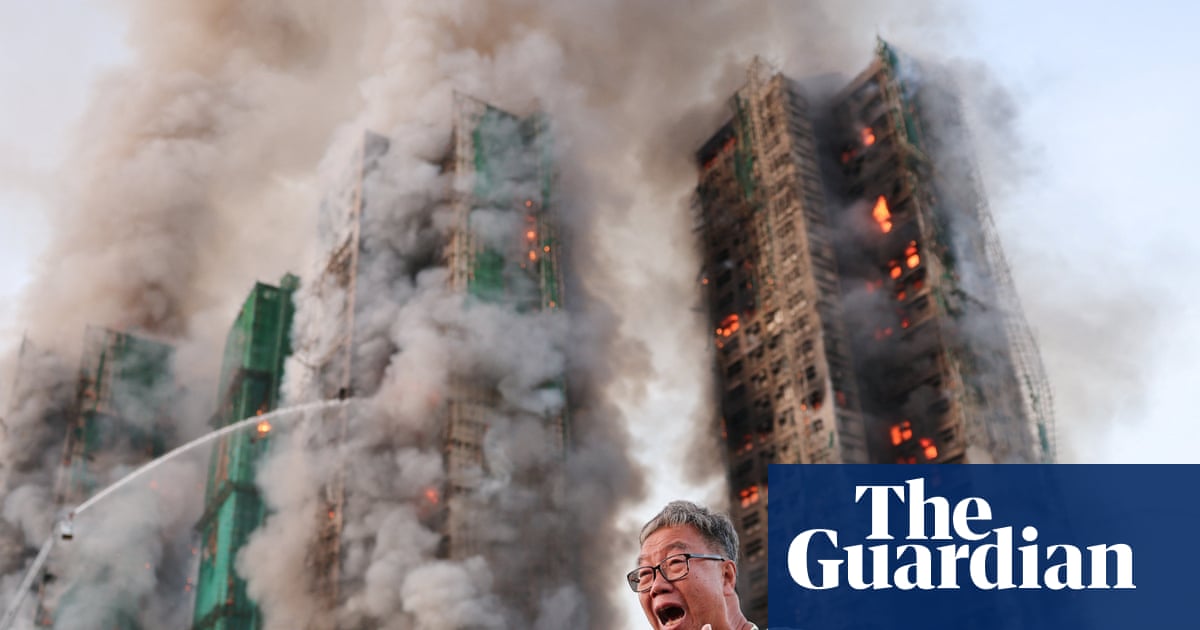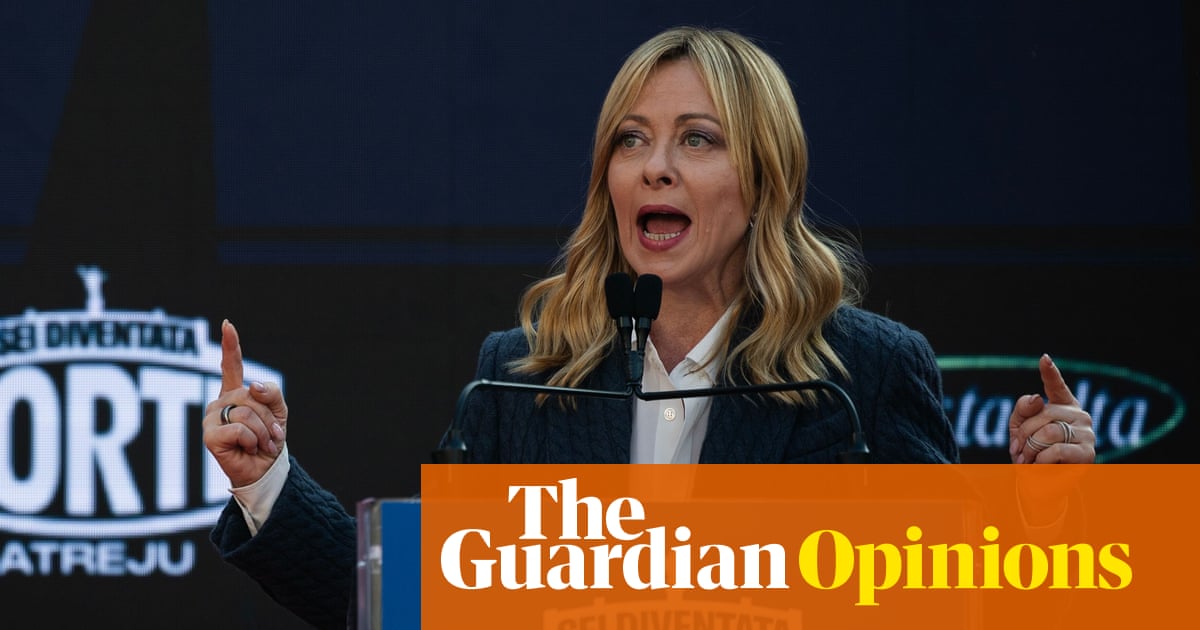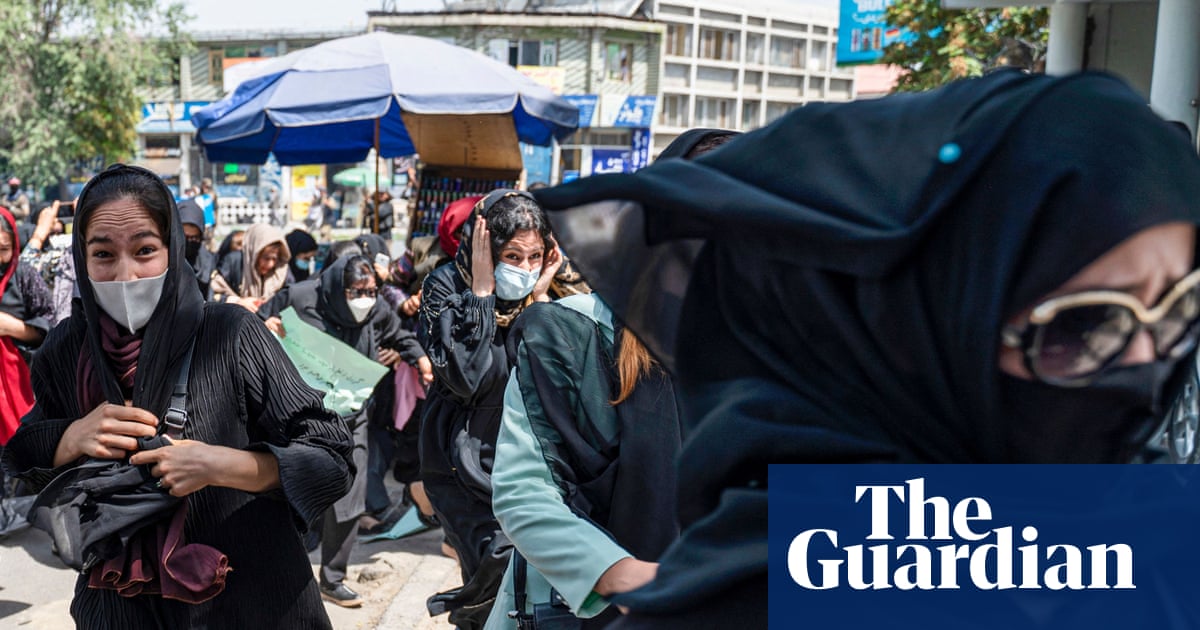The former Chelsea football club owner Roman Abramovich is the subject of a criminal investigation by the Jersey authorities over allegations of corruption and money laundering in connection with the original source of his billions, according to court documents.
The information has emerged from the federal criminal court in Switzerland, where judges ordered the release of documents, relating to multiple Swiss bank accounts, that had been requested by the Jersey attorney general.
The Channel island’s authorities have been battling companies suspected of being connected to the Russian oligarch in the Swiss courts as part of their investigation into his vast wealth. The crown dependency – through which Abramovich pumped some of his cash into the west – froze more than $7bn (£5.2bn) of assets suspected of being linked to him soon after Russia’s invasion of Ukraine in 2022.
According to the Swiss rulings, Jersey investigators are looking into the very origins of the oligarch’s wealth, acquired during the chaotic, freewheeling rise of capitalism in Russia in the 1990s and 2000s.
Abramovich, through his lawyers, denied the allegations and said any suggestion he was involved in criminal activity was false.
Lawyers acting for the companies had been seeking to block the release of documents relating to Swiss bank accounts they held. Their appeal was rejected in May, with Swiss judges saying that Jersey had presented enough evidence to justify handing over the documents.
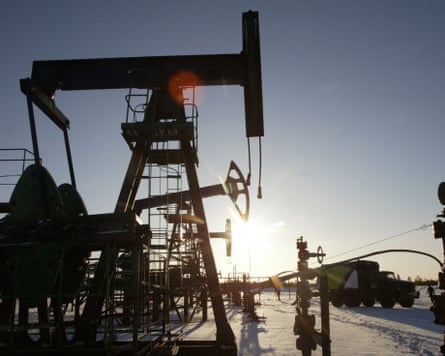
Copies of the judgments set out how Jersey made its request to Switzerland in connection with two distinct matters.
The first concerned suspected money laundering in connection to the proceeds of the sale by Abramovich of his oil and gas company Sibneft, which the Russian government acquired for $13bn in 2005. The rulings state that the former Chelsea proprietor “is alleged to have made corruption payments in the 1990s” while he was building Sibneft into a major fossil fuels group.
The second related to potential sanctions breaches involving the transfer of assets suspected of being connected to the oligarch just after he was placed on the Jersey sanctions list following Russia’s invasion of Ukraine in 2022.
Jersey is one of the tax havens from which Abramovich managed his fortune, using a network of offshore companies and trusts, that in turn controlled companies with bank accounts in Switzerland.
Public information about the case has been limited. In 2023, a court ruling revealed that Jersey’s economic crime and confiscation unit was investigating suspected sanctions breaches, but made no mention of any investigation related to Sibneft.
Although the Swiss rulings anonymise names, they disclose other details about the parties and circumstances.
The judges decided that these details could be disclosed because the existence of proceedings against Abramovich was already known to the public.
An orphan from the Komi republic in Russia’s frozen north, Abramovich made his way up from mechanic to oil and gas trader to the proprietor of a company with licences to exploit some of Russia’s most valuable gas reserves.
He sold his controlling stake in Sibneft to the Russian government in 2005. The deal propelled him into the ranks of the global super-rich. The proceeds formed the basis of his fortune, and he went on to invest his cash in Chelsea FC, new business ventures, hedge funds, luxury properties and a collection of modern European art.
The Sibneft billions were the subject of a widely reported dispute with his former associate, Boris Berezovsky, which culminated in a high-stakes legal battle in London’s high court in 2012.
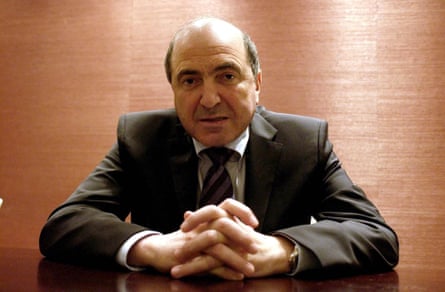
Berezovsky sued Abramovich, claiming the men had a partnership agreement to share the enormous fortunes generated by the formation of Sibneft. Abramovich claimed, among other things, that there was no formal agreement.
During the trial, Abramovich also claimed that in order to obtain political influence and protection for his business interests, he had paid Berezovsky, a well-connected businessman, hundreds of millions of dollars in return for krysha. The word literally means “roof” and is used to refer to protection or patronage in Russia. The judge found for Abramovich.
The Swiss rulings set out the arguments made by the Jersey attorney general in a series of requests for mutual legal assistance to obtain banking documents from Switzerland. The requests were made between June 2022 and May 2023.
The anonymised rulings state: “G is alleged to have made corruption payments (so-called Krysha) to H in the 1990s in order to maintain control over the Russian company I or to ensure the survival of the businesses of G and I In 2003 and 2005, G sold its shares in I for $3bn and $13bn, respectively.”
The details indicate that “G” is a reference to Abramovich, H to Berezovsky, and I to Sibneft. The Jersey authorities believe the money found its way into various bank accounts, of which the oligarch was the beneficiary. “The Jersey authorities accuse G of money laundering in this context,” the rulings states.
They are also investigating financial transactions made at about the time Abramovich was placed on the sanctions list by Jersey on 10 March 2022, specifically whether companies indirectly under his control traded assets and continued to provide financial services, in violation of sanctions law. Sanctions violations are a criminal offence in Jersey, punishable by a prison sentence or fines.
After Russia’s invasion of Ukraine, Abramovich was placed under sanctions by a number of European countries.
The UK, whose sanctions on Russia are automatically applied by Jersey, justified its decision by describing him as one of a number of oligarchs “closely associated” to Putin’s regime.
Lawyers for the companies in the dispute have argued that Jersey’s investigation was “politically motivated”, according to the Swiss rulings. Their appeal, lodged in 2024, requested explanations from the Jersey authorities as to “why they waited until 2022 to open an investigation into alleged money-laundering allegations in connection with an alleged act of corruption that occurred in the 1990s and which the Jersey authorities must have been aware of since 2012 at the latest”, the rulings state. The judges rejected their appeals.
The Swiss judges decided Jersey had presented enough evidence “to substantiate the allegation of money laundering with bribery as a predicate offence”.
They concluded: “Billions of dollars in assets were transferred transnationally via various offshore companies, trusts, and banks, including to Switzerland, without any discernible economic reason.
“Such actions are likely to thwart the identification, discovery, or confiscation of assets. Whether the assets are of legal origin, as the complainant appears to claim, cannot be assessed at this point; this will be the subject of the criminal proceedings in Jersey.”
A spokesperson for the Jersey attorney general’s office said that they could not comment on live investigations. The Swiss law firm that brought the appeal on behalf of the companies was approached for comment.
In a statement, lawyers for Abramovich denied the allegations and said their client had not been charged with any crime.
“Any suggestion that Mr Abramovich has been involved in criminal activity is false,” they said. “No charges have been brought against our client and there are no criminal proceedings in Jersey involving our client; the Jersey court has in fact confirmed that there are no criminal proceedings against our client pending before the Jersey courts.”

 3 months ago
53
3 months ago
53







